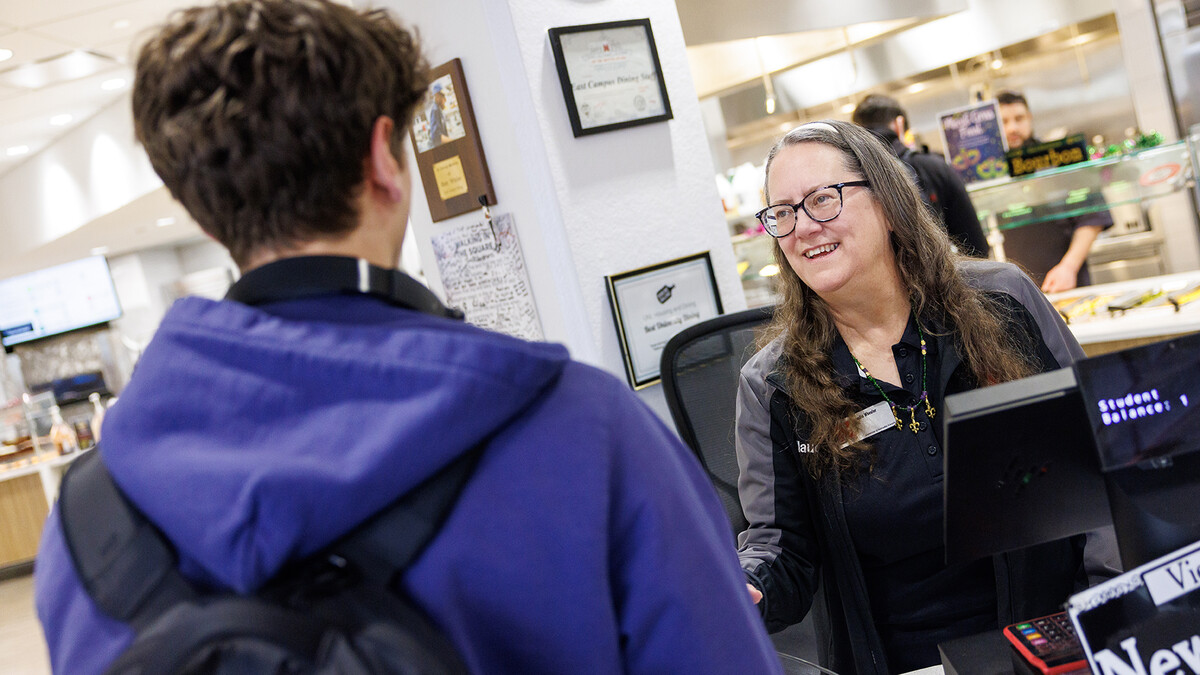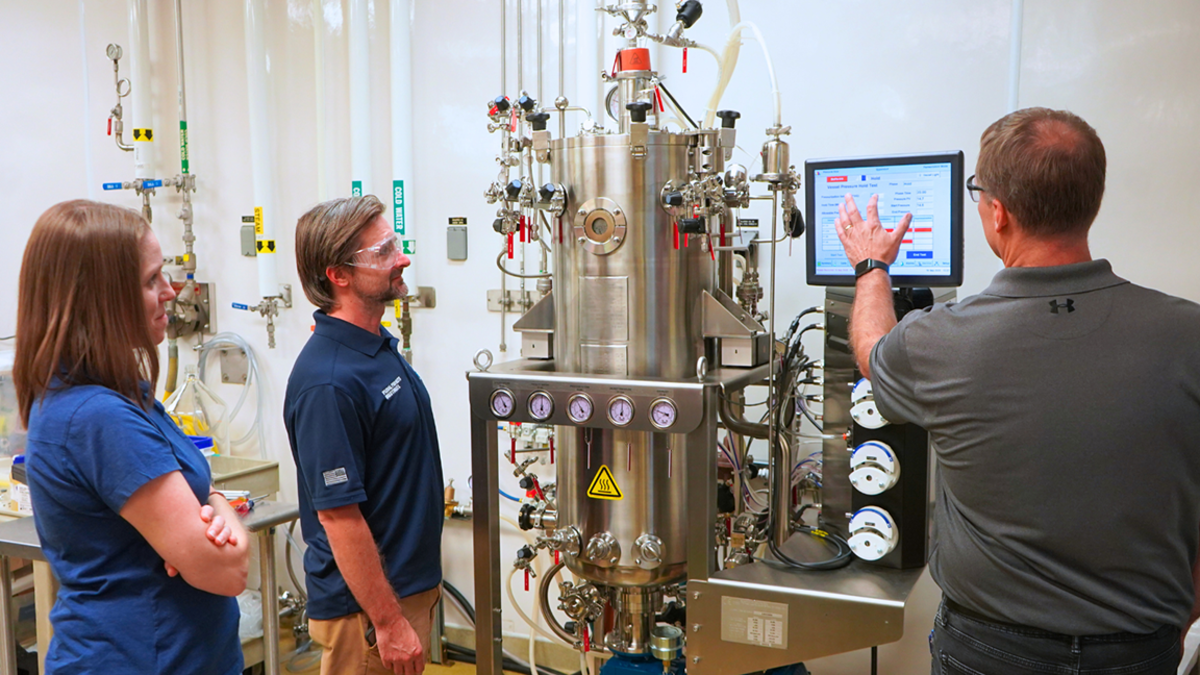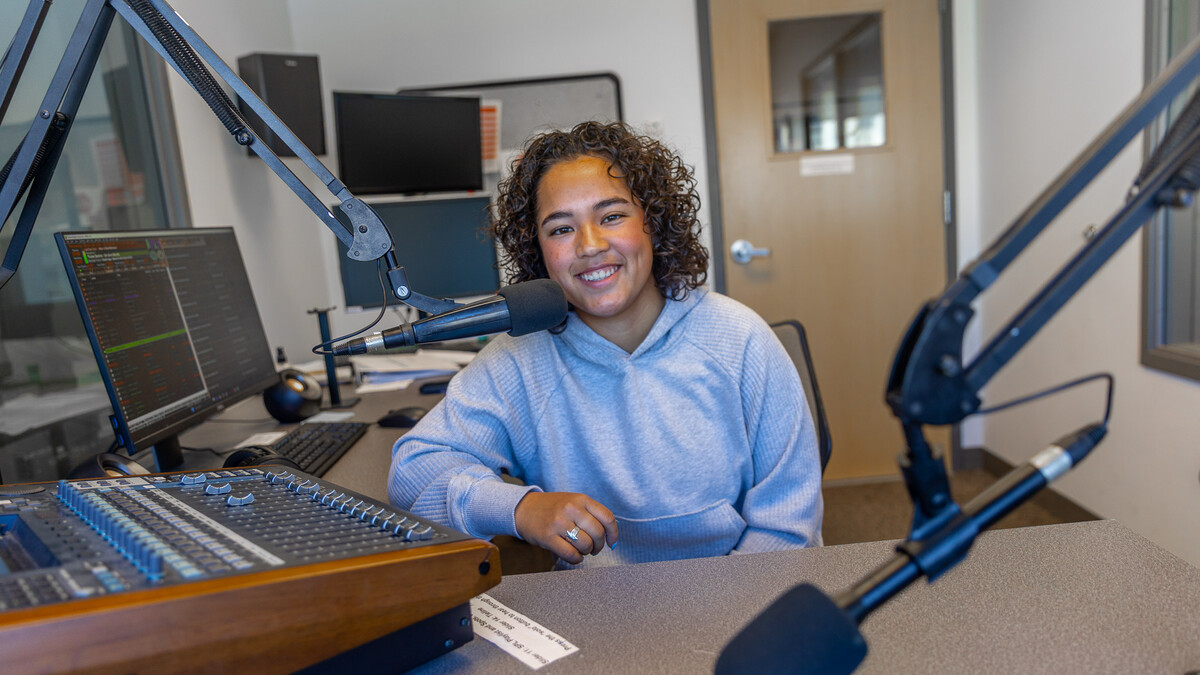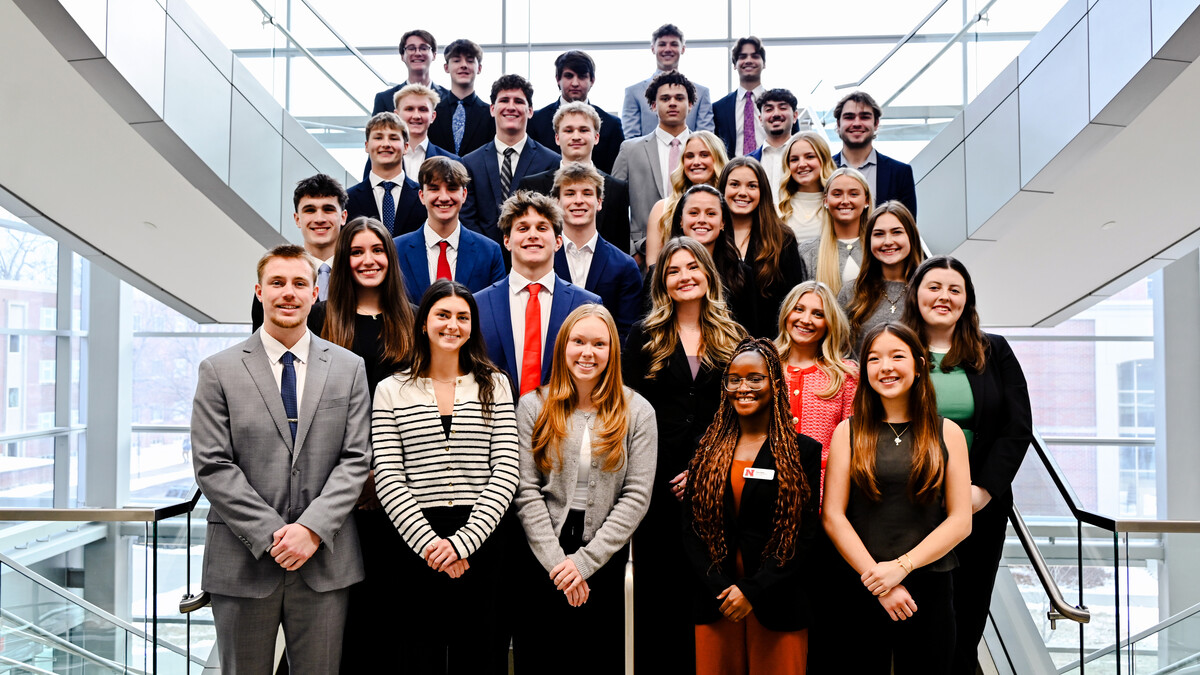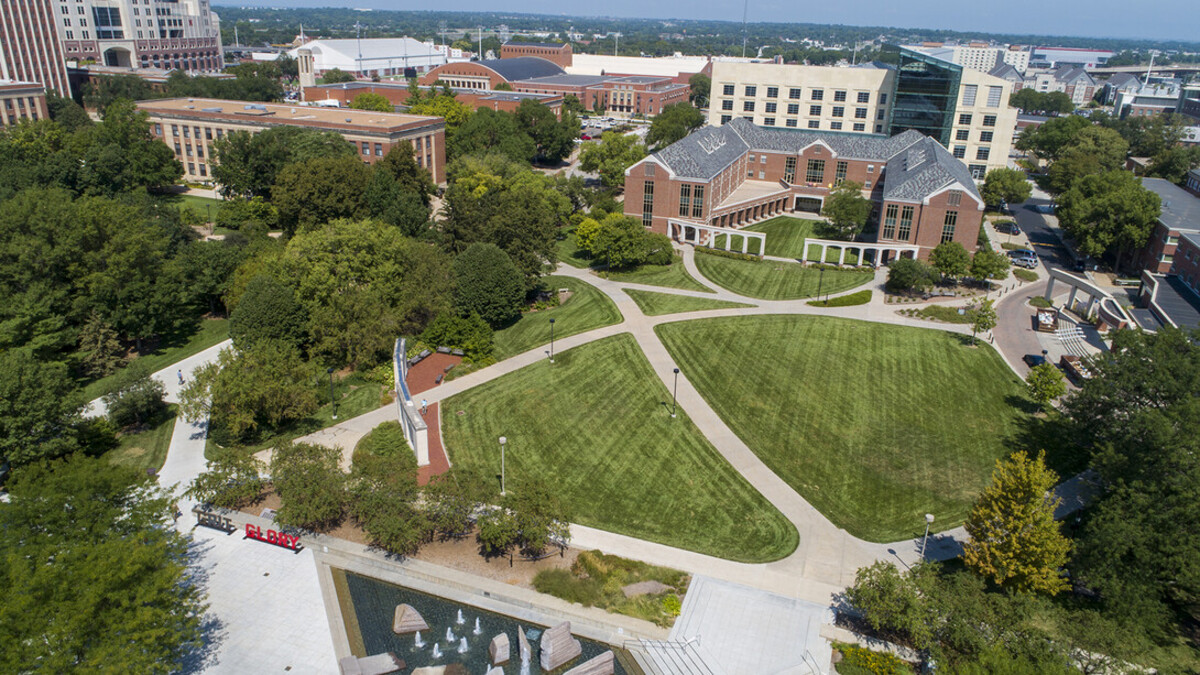
In a message to UNL faculty and staff on Nov. 7, Chancellor Harvey Perlman said he had underestimated the need to build the recruiting and accommodation infrastructure to deal with a growth goal of reaching 30,000 students by 2017. As such, the chancellor wrote to campus, “it may not be wise to drive toward 30,000 in the time period I originally stated.”
The goal, Perlman said, is to manage enrollment growth while also enhancing the depth and quality of learning, teaching and scholarship – a trajectory on which the campus is now on, he said. and the foundation for continued success in infrastructure, programs and people is in place.
“We want the growth we achieve to be sustainable and accomplished without diminishing the extraordinary experience we provide to our students,” Perlman wrote. “Rather than make the compromises we might have to make to achieve 30,000 in the time specified, I am suggesting that we extend the timeline of our goal until sometime around 2020,” Perlman wrote.
The chancellor made clear that UNL would continue its ambition to reach 30,000 students – and also that he did not see that particular number as a necessary cap on what the university might eventually seek to achieve. But the university will be better off to take a more gradual and sustainable path so faculty, advisors and student success staff can scale up their efforts as the university grows.
“This is a very exciting time for the university … because you make it so,” he wrote.
Full text of Chancellor Perlman’s message to campus, Nov. 7, 2013:
“Dear Colleagues,
In my State of the University address in September 2011, I suggested some ambitious growth goals for the university, including achieving an enrollment of 30,000 by 2017. I have been very pleased by the reaction of the campus to this suggestion. I believe most approved of the idea of growth and so many of you have embraced the challenge and worked hard to achieve and accommodate this growth. That is reflected in the extraordinary 12.3 percent increase we experienced this year in our entering class. Clearly we are succeeding with our recruitment plan.
In the State of the University address this September, I confessed that I underestimated the need to build the infrastructure to both recruit and accommodate this level of students and we started immediately to make investments to do so. Ironically, our success in raising our graduation rates during the last two years has made achieving total enrollment growth more difficult as we have experienced very large graduation classes.
I write to acknowledge that it may not be wise to drive toward 30,000 in the time period I originally stated. I have talked to many faculty, chairs and deans about how we can best manage enrollment growth while also enhancing the depth and quality of learning, teaching and scholarship on our research campus. I believe we are now on a sound trajectory and the foundation for continued success in infrastructure, programs and people is in place. But we want the growth we achieve to be sustainable and accomplished without diminishing the extraordinary experience we provide to our students. Rather than make the compromises we might have to make to achieve 30,000 in the time specified, I am suggesting that we extend the timeline of our goal until sometime around 2020.
I do want to be clear that we are not in any way backing away from our ambition to reach 30,000; in fact, I do not regard that number as a necessary cap on what we might ultimately seek to achieve. But I do think we will be better served by a more gradual and sustainable path that allows faculty, advisors and student success professionals to scale up their efforts to support academic excellence as we grow.
Again, thanks to each of you for your strong commitment to the university and to our shared objectives. This is a very exciting time for the University, and that is true because you make it so.
Harvey”
